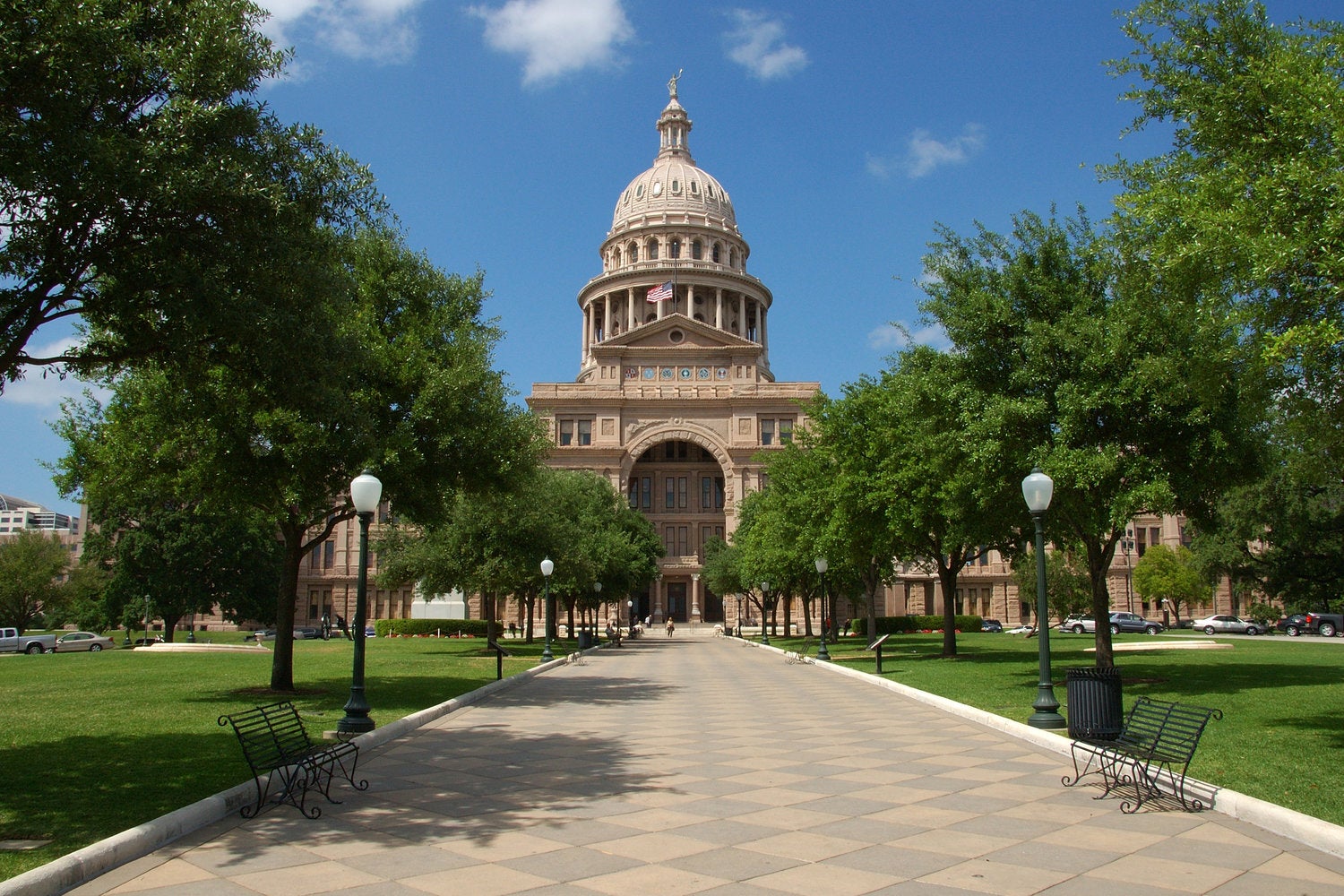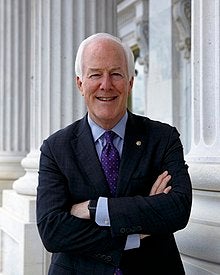SENATE APPROVES TEACHER PAY RAISE AS FIRST BILL OF THE SESSION
Published 3:23 pm Saturday, March 9, 2019

- State capitol building in Austin, Texas
(Austin) Teachers would get a $5000 boost to their annual salaries as the Senate passed its first bill of the 86th Session Monday. SB 3, by Finance Committee Chair and Flower Mound Senator Jane Nelson, would make that raise effective for the school year beginning this fall. Nelson said she’s set aside nearly $4 billion in the state budget to cover the pay hike for the state’s 350,000 public school teachers. “The one thing we should do, first and foremost, is to recognize the need to uplift our entire teaching profession,” she said. An amendment added to the bill on the floor would include school librarians in the pay raise. Nelson was emphatic in her remarks on the floor that this bill wouldn’t prevent additional, merit-based pay scales expected in the Senate’s forthcoming school finance bill.
The second bill to pass this year also belongs to Nelson, and it seeks to increase access to mental health care for children and adolescents. In presenting the bill Tuesday, she said that she is deeply troubled by the impact that mental illness is having on the state’s young people. “The goal of this bill is to provide early intervention for these children and adolescents and get them into treatment before they become a danger to themselves or others,” said Nelson. Her bill would create a consortium of mental health professionals at the state’s medical schools to develop plans to leverage remote medical technology to provide that intervention. One provision would create a system where pediatricians who detect signs of developing mental issues in their young patients could use telemedical services to consult with psychiatrists based at medical institutions. Another would ask this consortium to develop a system whereby at-risk students could be assessed via telehealth technology and referred to treatment as needed.
Wednesday, Lt. Governor Dan Patrick joined Senate members to announce a package of bills dealing with disaster relief and recovery in the wake of 2017’s Hurricane Harvey. These three measures would help the state plan for, pay for and respond to future natural disasters. The first, SB 8 by Lubbock Senator Charles Perry, would create a statewide flood mitigation plan, one that divides the state into regions based on river basins and then allows regional officials and stakeholders to figure out what projects they need to protect people and property from flooding. The state would ensure that those plans work with each other, and combine them into a statewide plan.
Harvey recovery gave officials the opportunity to see where disaster rescue and relief efforts worked, and where they didn’t said Brenham Senator Lois Kolkhorst. Her bill, SB 6, would use that experience to create a model guide for officials about what to do in the immediate aftermath of a natural disaster. Experts on disaster response would develop a manual describing how to seek aid from federal and non-profit sources, how to dispose of debris and respond to housing needs. “Senate Bill 6 will serve as a road map to prepare our state for future hurricanes and natural disasters,” said Kolkhorst.
The final bill in the package, SB 7 by Conroe Senator Brandon Creighton, would create a financial structure to pay for aid, planning and flood projects. Many federal aid programs require that local entities put money up front in order to qualify for fund matches. These tend to be quite generous, some programs offering as much as a 9 to 1 federal to local fund ratio, but cities and counties still have to find the funds to participate. Creighton’s bill would create a fund to help local governments do just that, as well as offer grants or low-interest loans for flood mitigation projects. $1.8 billion from the state’s Rainy Day Fund would pay for this program and the other two bills. Another $1.2 billion in RDF money, said Patrick, will go to cover lost local school tax revenue caused by property damage and to pay back some of the expenses incurred by government agencies over the last year and a half as they dealt with unexpected Harvey-related expenses.
The Senate will reconvene Monday, March 11 at 3 p.m.




